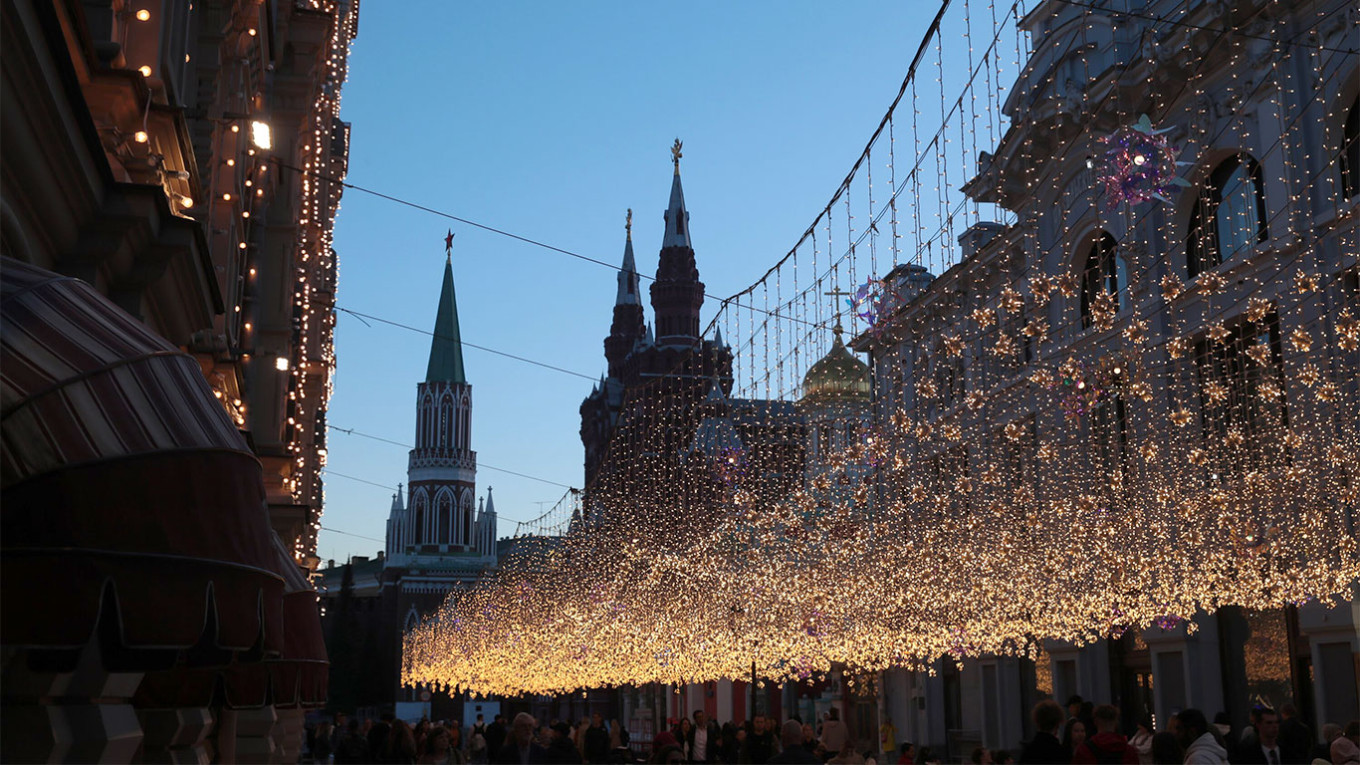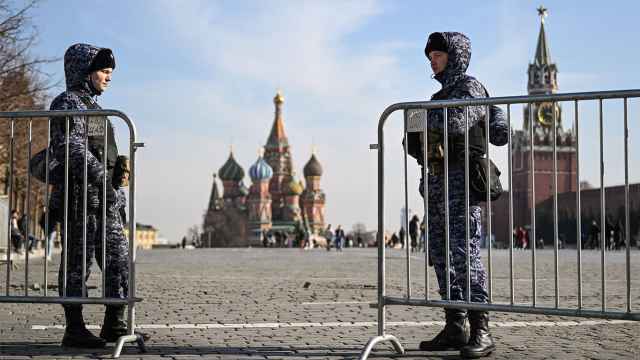Western companies are reconsidering leaving Russia amid increasing Kremlin-imposed exit costs, difficulty finding suitable buyers and rebounding consumer activity, the Financial Times reported Tuesday.
As of last month, 2,175 foreign companies remain in Russia compared with 1,610 that left or scaled back operations, according to the Kyiv School of Economics.
Some remaining companies are increasingly open about their plans. They include consumer groups Nestle, Unilever, Philip Morris, and Mondelez, whose CEO told FT that investors do not “morally care” about doing business in Russia.
“If we pull out of Russia, [rivals P&G and Colgate-Palmolive] will take our brands for themselves,” Unilever board member Nelson Peltz told FT in an interview published in March.
The cosmetics brand Avon Products opted out of accepting offers to buy its Russian business, while the French industrial gas producer Air Liquide did not receive approval from the Russian government to sell. Meanwhile, the U.K. consumer group Reckitt wavered after beginning the ownership transfer process.
“We continue to look at options but it has become more complex, not less,” Reckitt CEO Kris Licht was quoted as saying by FT.
Corporate exits have become constrained by a mandatory 50% discount on assets of businesses from countries deemed “unfriendly” to Russia, a minimum 15% exit tax and the need to find Russian buyers who are both not sanctioned in the West and suitable for Moscow.
Danone and Carlsberg had their assets seized last year after announcing their exit plans. The French food company eventually sold at a discount, while the Danish brewer remains in a legal battle with Russia.
Rising wages and the recent wave of nationalizations have also kept corporate exits at bay, according to Carnegie Russia Eurasia Center non-resident fellow Alexandra Prokopenko.
A second unnamed executive working with Western businesses in Russia told FT that “Many European companies have found themselves really between a rock and a hard place.”
A Message from The Moscow Times:
Dear readers,
We are facing unprecedented challenges. Russia's Prosecutor General's Office has designated The Moscow Times as an "undesirable" organization, criminalizing our work and putting our staff at risk of prosecution. This follows our earlier unjust labeling as a "foreign agent."
These actions are direct attempts to silence independent journalism in Russia. The authorities claim our work "discredits the decisions of the Russian leadership." We see things differently: we strive to provide accurate, unbiased reporting on Russia.
We, the journalists of The Moscow Times, refuse to be silenced. But to continue our work, we need your help.
Your support, no matter how small, makes a world of difference. If you can, please support us monthly starting from just $2. It's quick to set up, and every contribution makes a significant impact.
By supporting The Moscow Times, you're defending open, independent journalism in the face of repression. Thank you for standing with us.
Remind me later.






